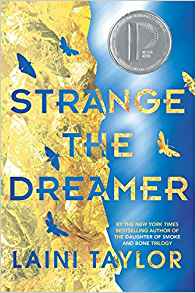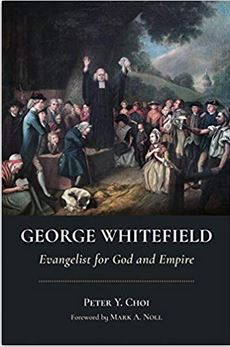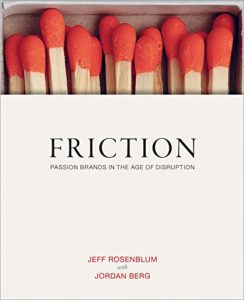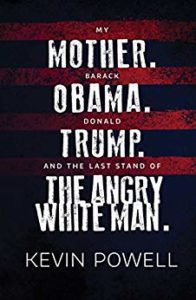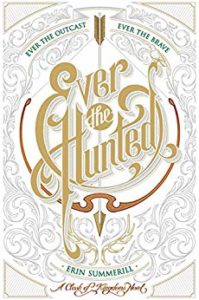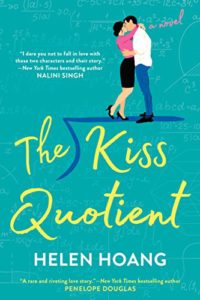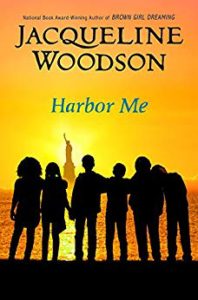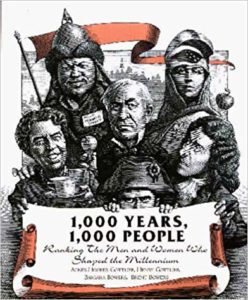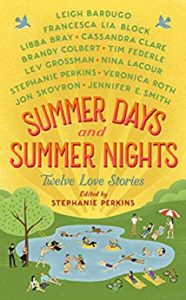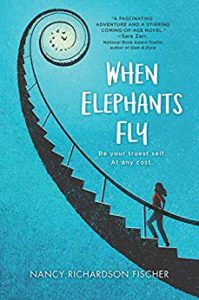 I recently received a copy of When Elephants Fly, by Nancy Richardson Fischer. I forgot that I had entered a sweepstakes to win it, and I was pretty excited to see it in my mailbox. It is a wonderful story about a girl, Lily, whose mother had schizophrenia and tried to kill her. She just turned 18 and thinks that if she just keeps a stress-free life between now and the time she’s 30, then she’ll be able to prevent getting it herself.
I recently received a copy of When Elephants Fly, by Nancy Richardson Fischer. I forgot that I had entered a sweepstakes to win it, and I was pretty excited to see it in my mailbox. It is a wonderful story about a girl, Lily, whose mother had schizophrenia and tried to kill her. She just turned 18 and thinks that if she just keeps a stress-free life between now and the time she’s 30, then she’ll be able to prevent getting it herself.
Unfortunately, life doesn’t quite work out that way. Living a life without stress means that you also miss out on a lot of good things in life. She’s reluctant to apply for any college other than her local community college (her therapist convinces her to apply for a good college anyway, and she decides to apply to the best college out there, USC). She had been reluctant to apply for the internship at the local newspaper as well, but as our story begins, she had already been accepted and is working there.
At the internship, Lily gets to write little pieces for her local newspaper on local interest events, like the new baby calf being born at the zoo. Unfortunately, after the baby calf is born, its mother rejects the calf and tries to kill it, which brings up her own memory of when her mother tried to kill her. This triggers a series of events that changes Lily’s life forever, as she tries to save the baby elephant. It brings more excitement into her life for sure, but also causes the risk of mental illness to increase.
I thought this book was pretty good. I really enjoyed Lily’s friendship with her best friend, Sawyer, which unfortunately becomes strained during this book. Sawyer is going through his own problems with detached parents, and Lily doesn’t see that for a while because of her own problems. I would have liked to have seen more of their friendship though.
Lily meets a guy in this book that she develops a relationship with, but I don’t particularly feel it all that much. Maybe if they would have spent more time together, I would have shipped them more, but as written, they were just okay together. This part of the book could have gotten a little more attention.
The ending of the book leaves a lot unresolved. Does Lily get into USC? Does she develop schizophrenia? What happens to her friend? What happens to her and her new boyfriend? What happens to the baby elephant?
Overall, I thought When Elephants Fly was good. The subject matter is really important; there are so many people these days dealing with mental issues, so this book will be helpful for a lot of people. The story was good, the characters were interesting, and the friendship in this book was represented well. It goes on sale on September 4th, but you can pre-order it now.
